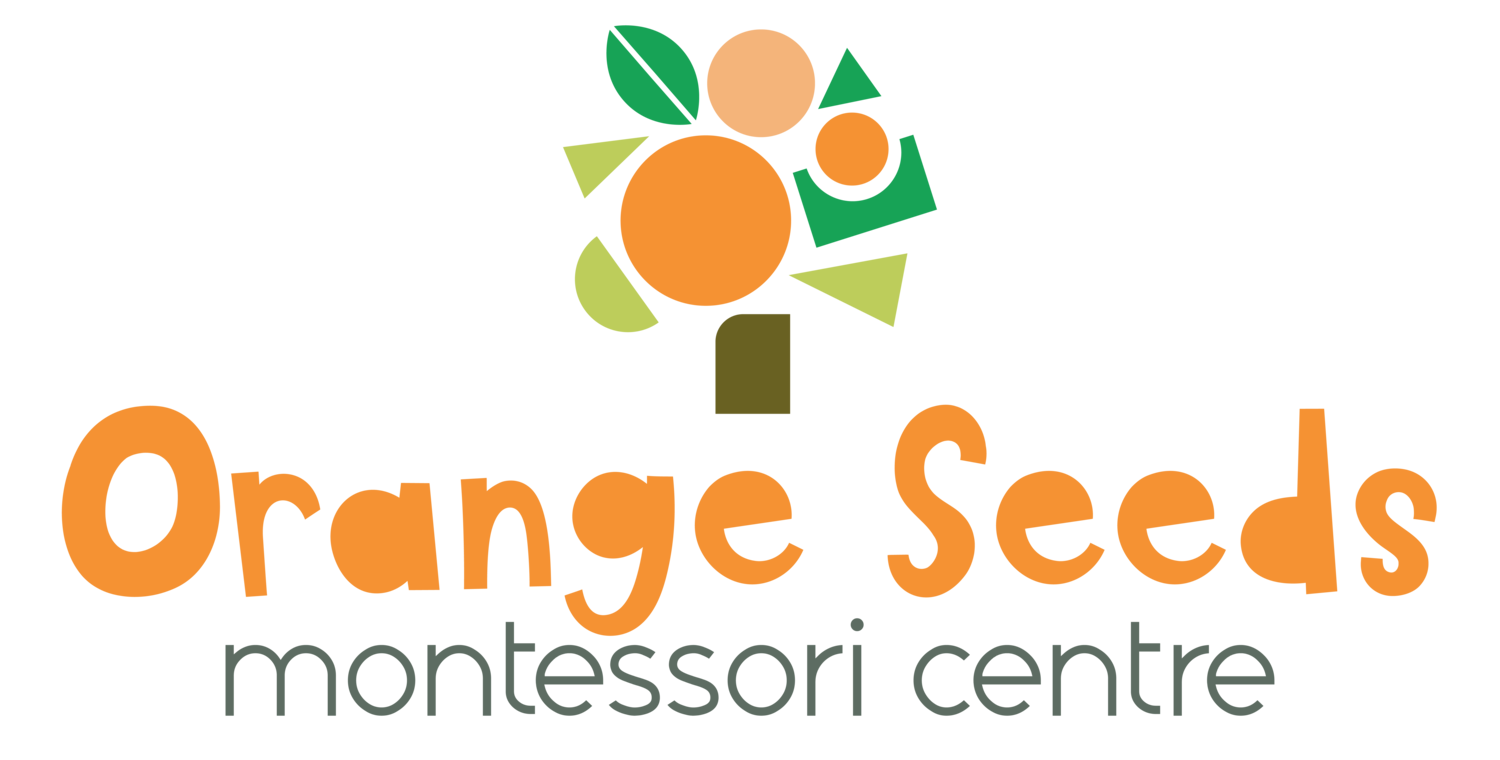Montessori Preschool: Boosting Child Brain Development
Parents are superheroes when it comes to taking care of their children's physical health. We know what they need to eat, how to tuck them in for a good night's sleep, and how to comfort them when they get a scrape. But there's a whole other world that often goes unnoticed—the development of our little ones' brains.
Neuroplasticity- Building Stronger Connections
You've probably heard that a child's brain is like a sponge, soaking up knowledge from the world around them. But did you know that this process is driven by something called neuroplasticity? It's like the brain's superpower, especially during those early years.
In these formative years, your child's brain is a blank canvas, ready to be painted with experiences, learning, and connections. It's a period of incredible growth and potential. Just like the first rays of the sun peeking over the horizon, your child's brain is filled with the promise of a bright future.
Neuroplasticity is all about building new connections in the brain, and it's most active when kids are small. These connections, or synapses, are like bridges between brain cells. They help kids learn new things, from those tentative first steps to their earliest words. The more synapses your child's brain creates, the better equipped they are to explore the world of knowledge.
Nourishing the Brain
Let's talk about nourishment. It is the cornerstone of a child’s healthy development, providing essential building blocks not only physically but play an equally crucial role in cognitive development. Omega-3 fatty acids act as brain fuel for kids, found abundantly in fatty fish like salmon, flaxseeds, and chia seeds.
Montessori Education
Having fueled our curiosity about omega-3s, those brain-boosting powerhouses, let's now dive into how the Montessori preschool ignites the spark of your child's cognitive development.
Montessori classrooms are meticulously designed to nurture every facet of a child’s development. From classroom layout to shelf materials, everything is purposefully selected to promote exploration and learning. This approach fosters independence from an early age, allowing children to select activities that capture their interest, nurturing decision-making skills and sparking crucial neural connections.
Nonetheless, Montessori daycare doesn't just foster individual learning; it cultivates communal understanding. Within these settings, children learn within communities, cultivating social and emotional skills that build neural pathways for empathy, cooperation, and understanding. This all stems from the responsive caregiving within the Montessori program. As Montessori teachers observe and identify each child's distinct needs, tailoring support to their specific developmental stage. Emotional regulation takes centre stage, fostering an environment where children's brains thrive within ideal emotional conditions.
Learning within the Montessori childcare thrives on hands-on engagement with sensory stimulating materials, from vibrant blocks for mathematical concepts to tactile sandpaper letters for language exploration. Furthermore, the prioritization of uninterrupted work periods sharpens the brain's ability to focus. The emphasis on open-ended materials and child-led problem-solving fosters the forging of new neural connections with each solved puzzle, honing essential cognitive skills.
The effects of Montessori preschool on brain development extend beyond early childhood, supporting children as they grow, adapt, and navigate life's complexities. Montessori program and responsive caregiving create a safe, supportive environment—like a cozy home for their developing brains.
Your Role: Building Brilliant Minds
As parents, you play a pivotal role in nurturing your child's brain. Take them to new places, let them get messy, and watch those connections grow. Encourage exploration, engage in meaningful conversations, and incorporate learning into everyday experiences. Your love, support, and engagement lay the foundation for their growing minds.
In summary, parenting is about nurturing not just the body but the incredible brain within. Join the brainy adventure with your child, exploring, questioning, and learning together—a journey filled with "aha" moments and endless possibilities.





